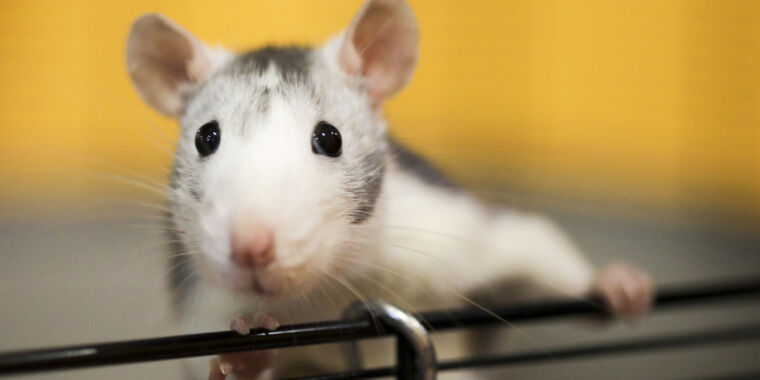It’s unclear how such egregiously bad images made it through peer-review.
Peer review depends on the seriousness of the reviewers. Sometimes they’re too busy to give af, sometimes they’re fucking dumb, sometimes they’re deferential to authority figures who they know to be wrong. Same as everyone else. 90% of the scientific literature is irreproducible shit.
And so are 90% of statistics
37.645% of all statistics are made up on the spot.
Nice made up stat. For anyone upvoting this, take a look at this video refuting a similar science denier. It’ll give you a real idea of how science works. The video also specifically addresses the so-called “reproducibility crisis”.
Yes, obviously this Chinese paper is garbage, but science is not.
You’d have to be a fucking moron not to recognize the colloquial use of 90%. I’ve been in the trenches. I’ve published (in Science, is that good enough?) and seen forced retractions due to fraud. A LOT of the literature is shit. I’m not saying science is shit. I’m a scientist, I assert there is no way to understand the world other than through science. I’m saying the majority of the literature is shit.
Rodent BDE is a serious affliction and should not be treated as a comical joke.
It was published online Tuesday in the journal Frontiers in Cell and Developmental Biology.
Hmmmm. https://en.wikipedia.org/wiki/Frontiers_Media#Controversies
I’m not really familiar with this journal, but it sounds like they’ve had low standards for quite a long time now. There are some interesting comments about them under the Ars article, as well.
In May 2015, Frontiers Media removed the entire editorial boards of Frontiers in Medicine and Frontiers in Cardiovascular Medicine after editors complained that Frontiers Media staff were “interfering with editorial decisions and violating core principles of medical publishing”. In total 31 editors were removed.
I mean, they just recently showed that a huge amount of scientific articles are just that, gibberish. Nonsensical scientific mumbo-jumbo wrapped up within a thin veneer of credibility. Scientific authors will pay for these in order to strengthen their resume.
I kinda wonder why they don’t just skip a step, and just put fake stuff directly on the resume, but hey, they’re the scientists
@jpreston2005 resumes are digital these days and you link to the DOI of your paper so recruiters and funders can check with one click.
More fuel for the anti-science YouTubers. They’re going to have a ball with this. Several balls. And a dick, too.
You mean dck right?
THEY PUT IT IN A PEER-REVIEWED ARTICLE!?
edit: nvm the article is apparently low quality anyways





